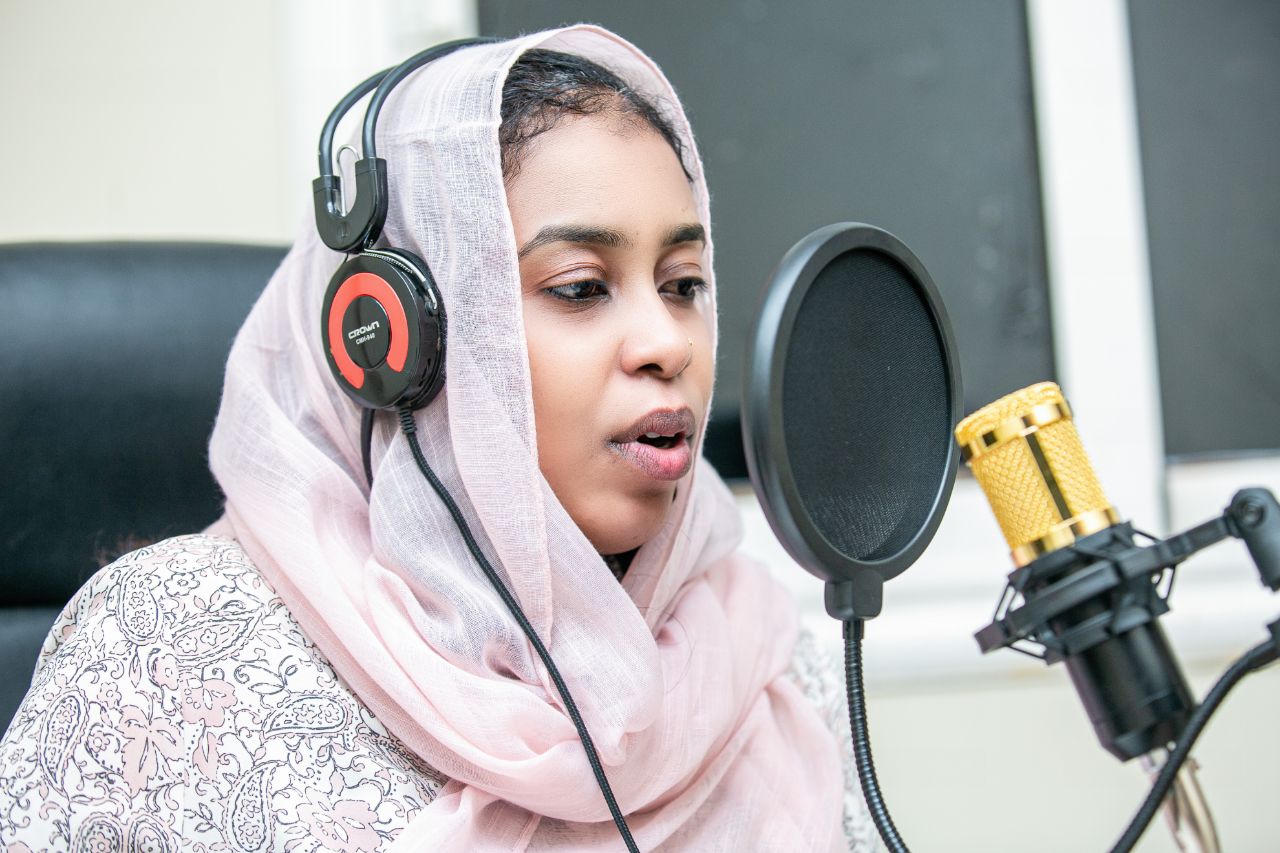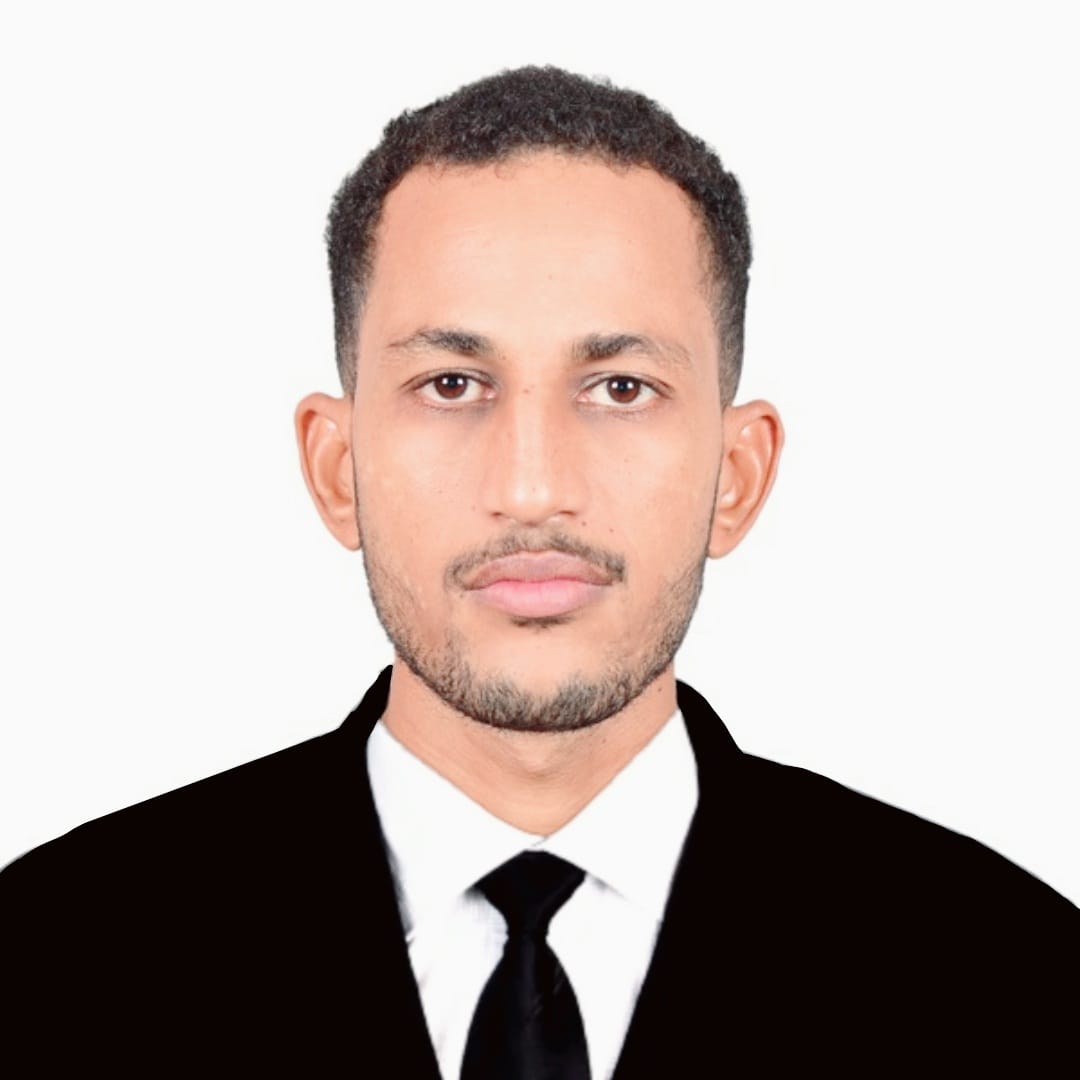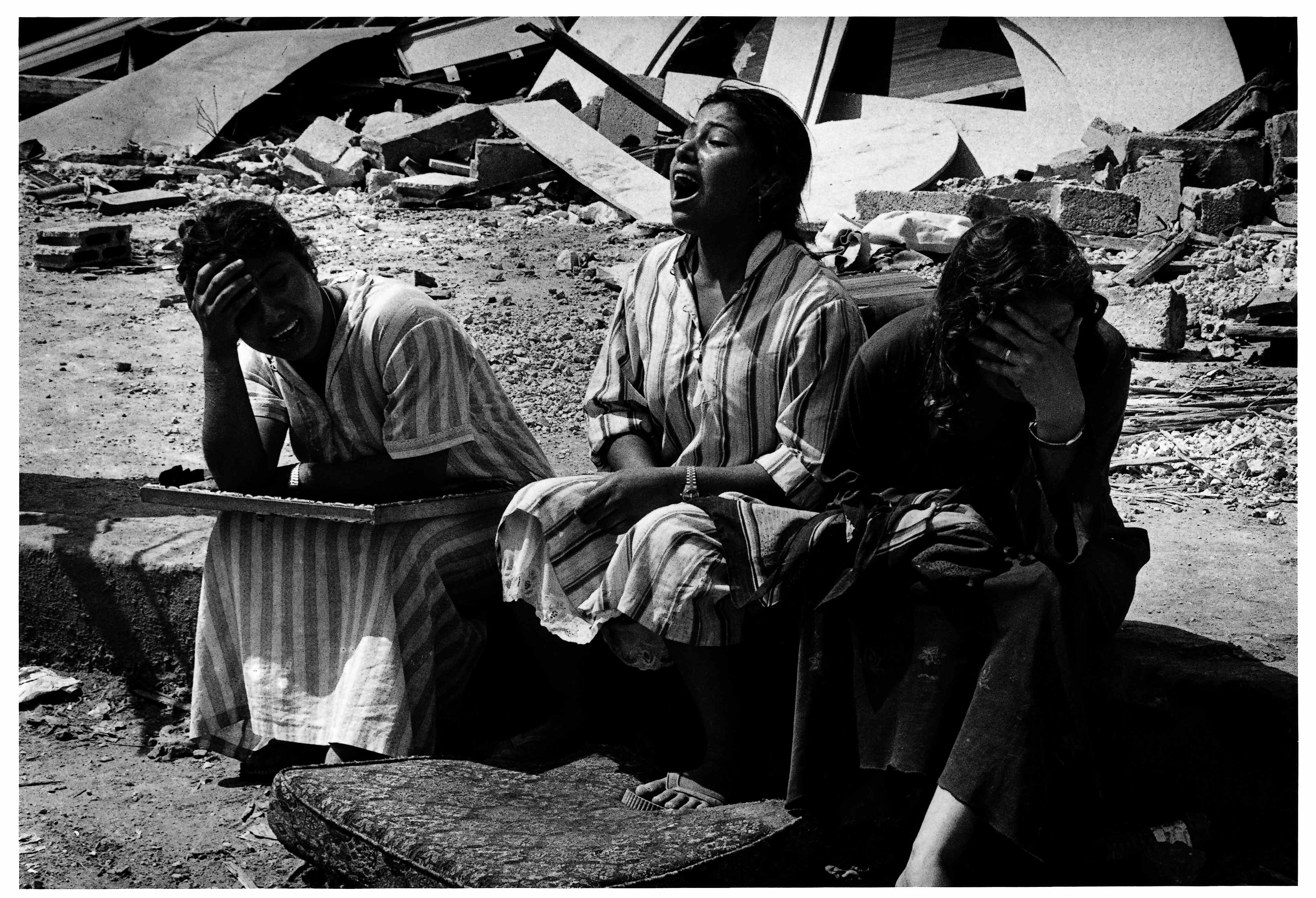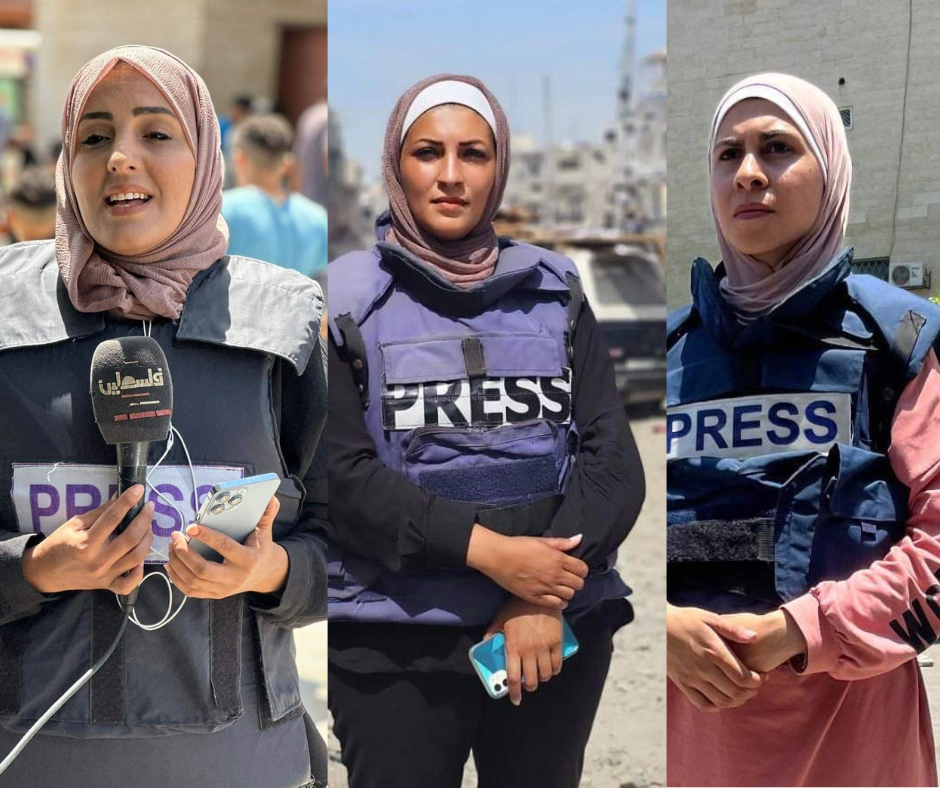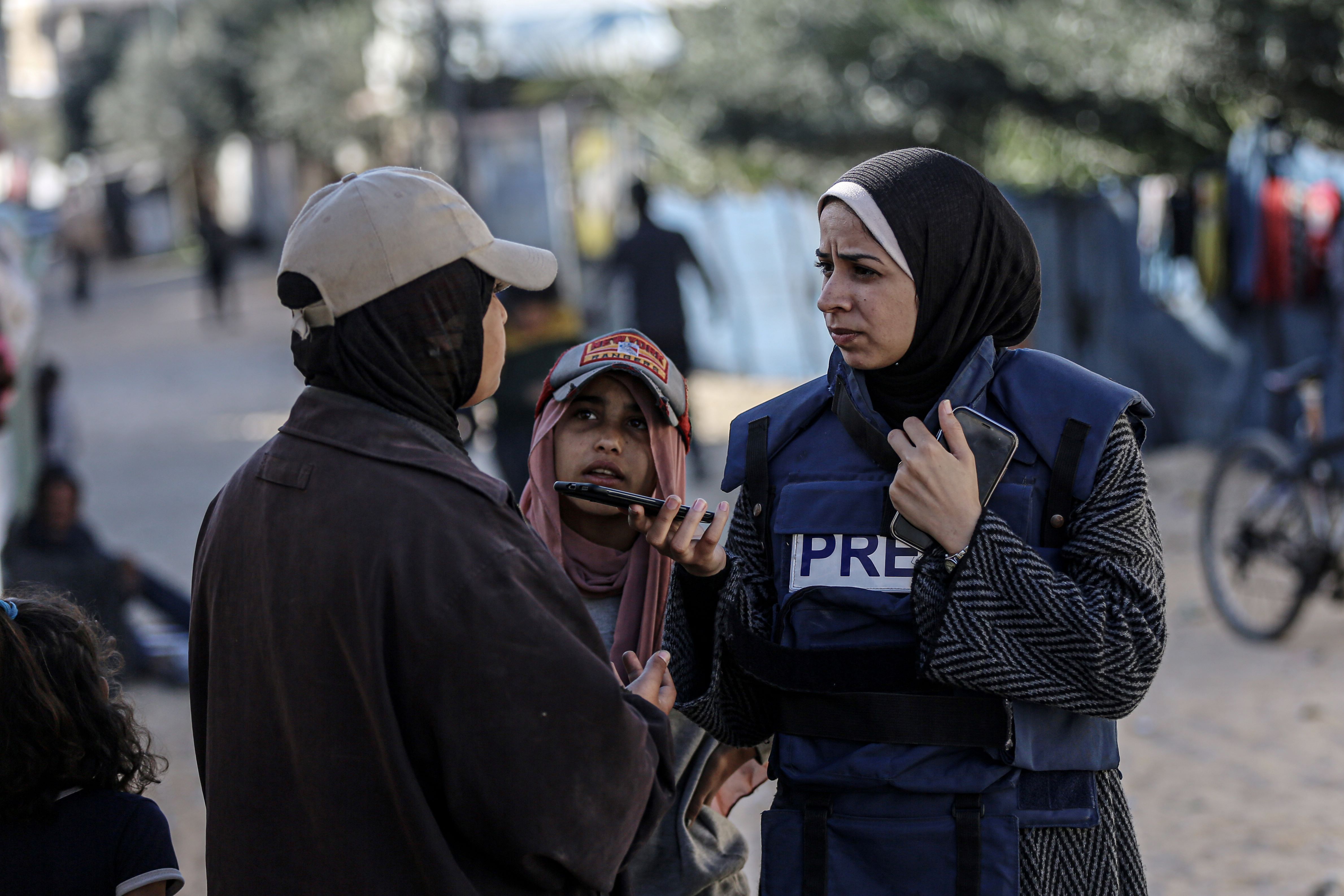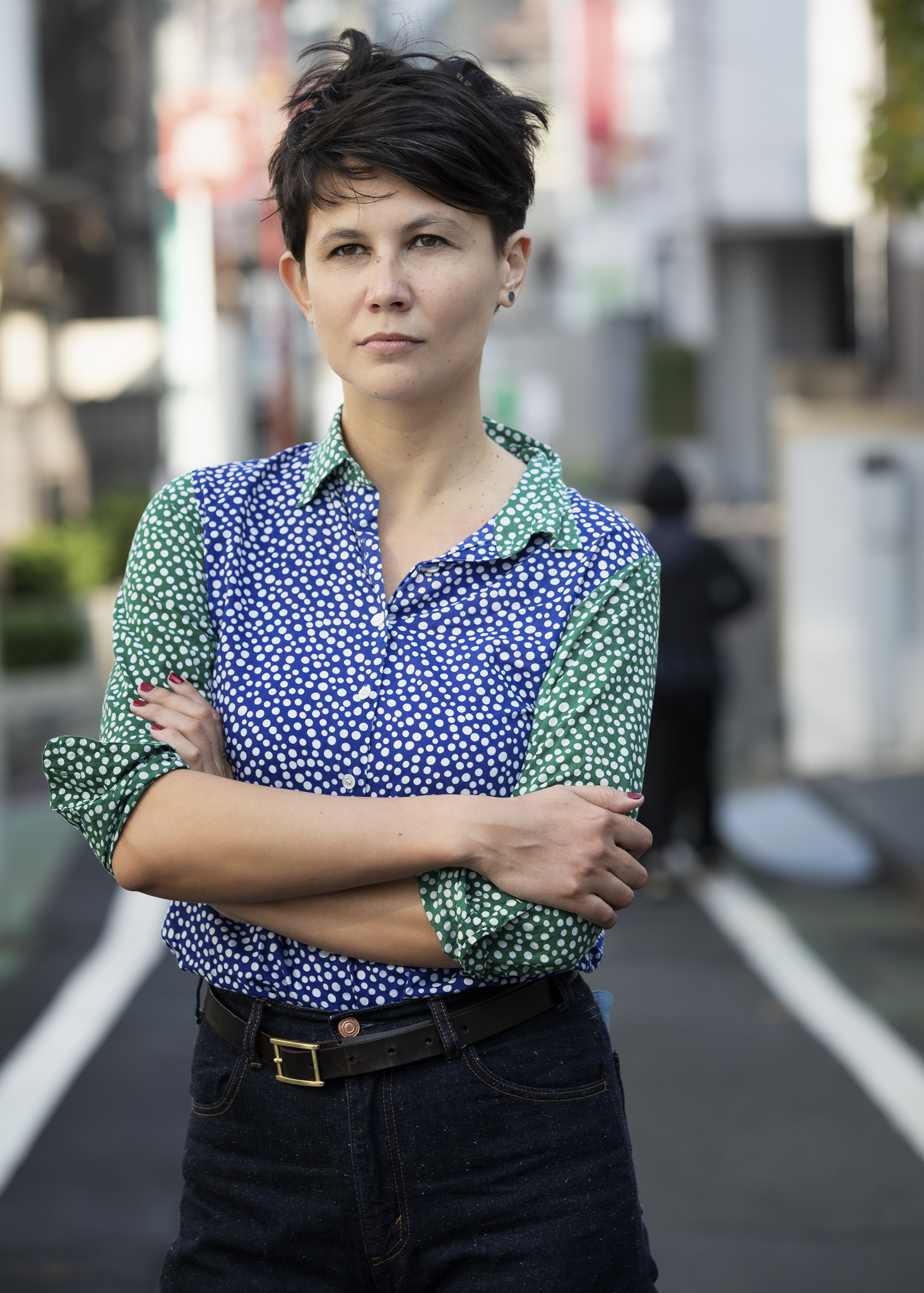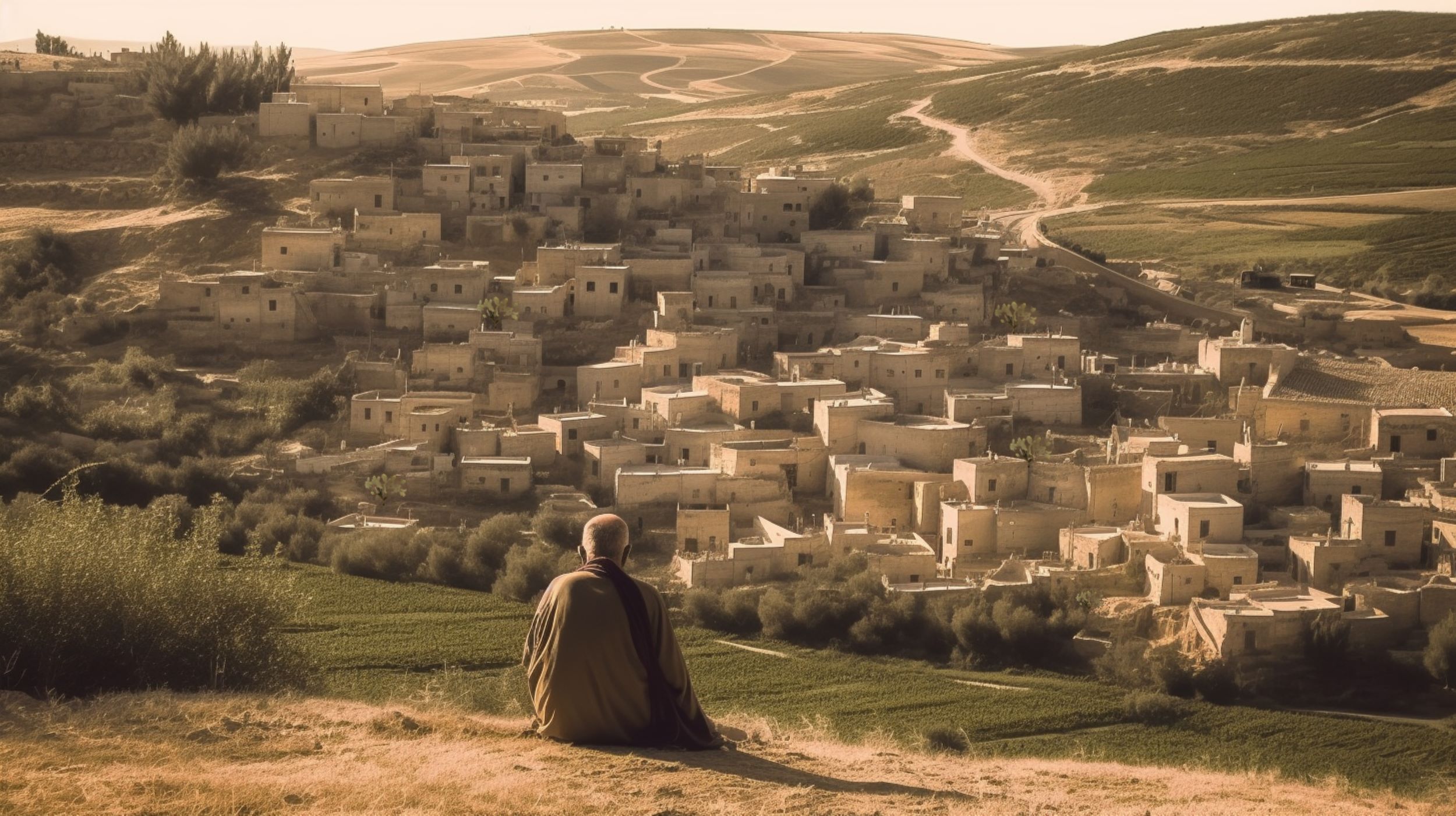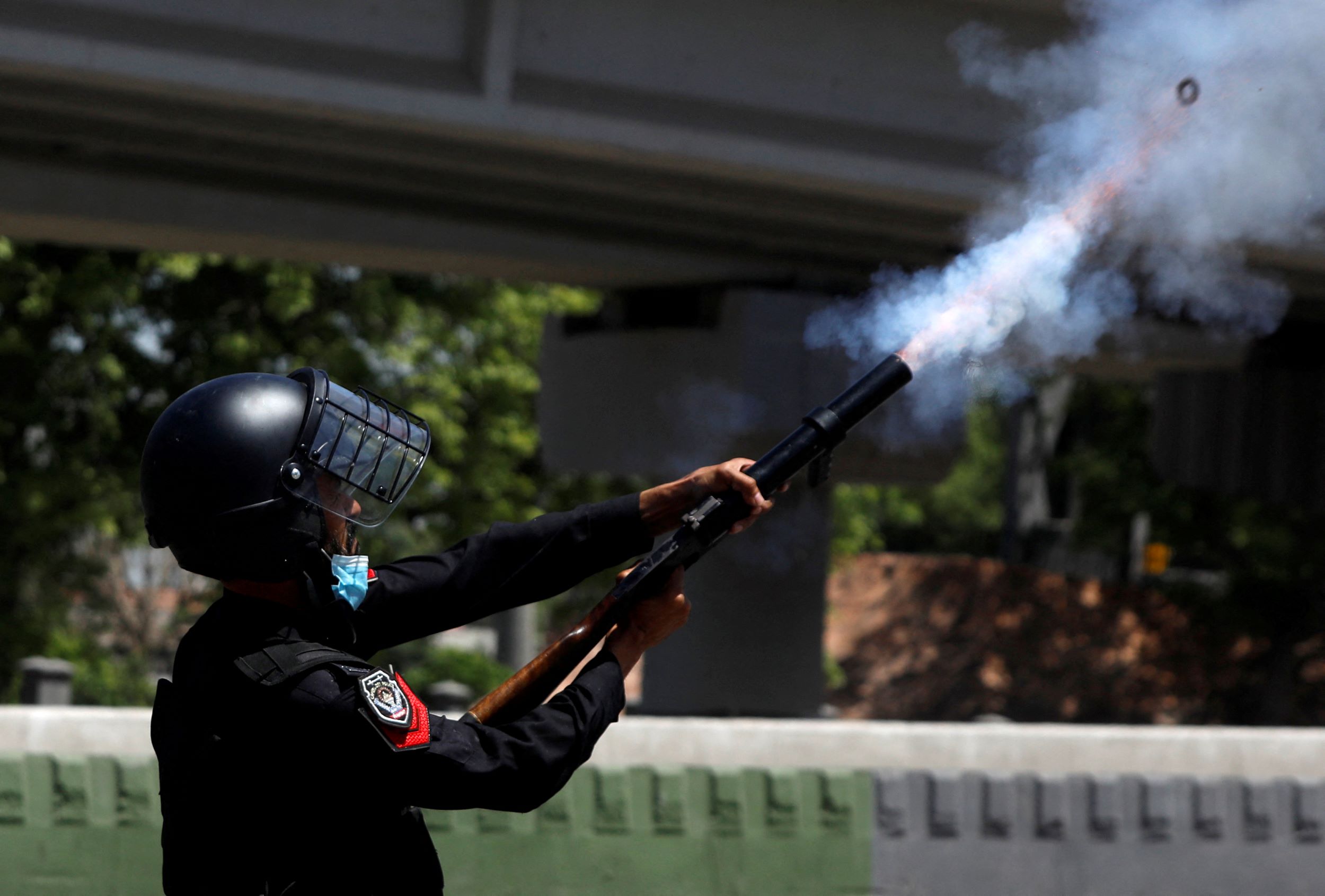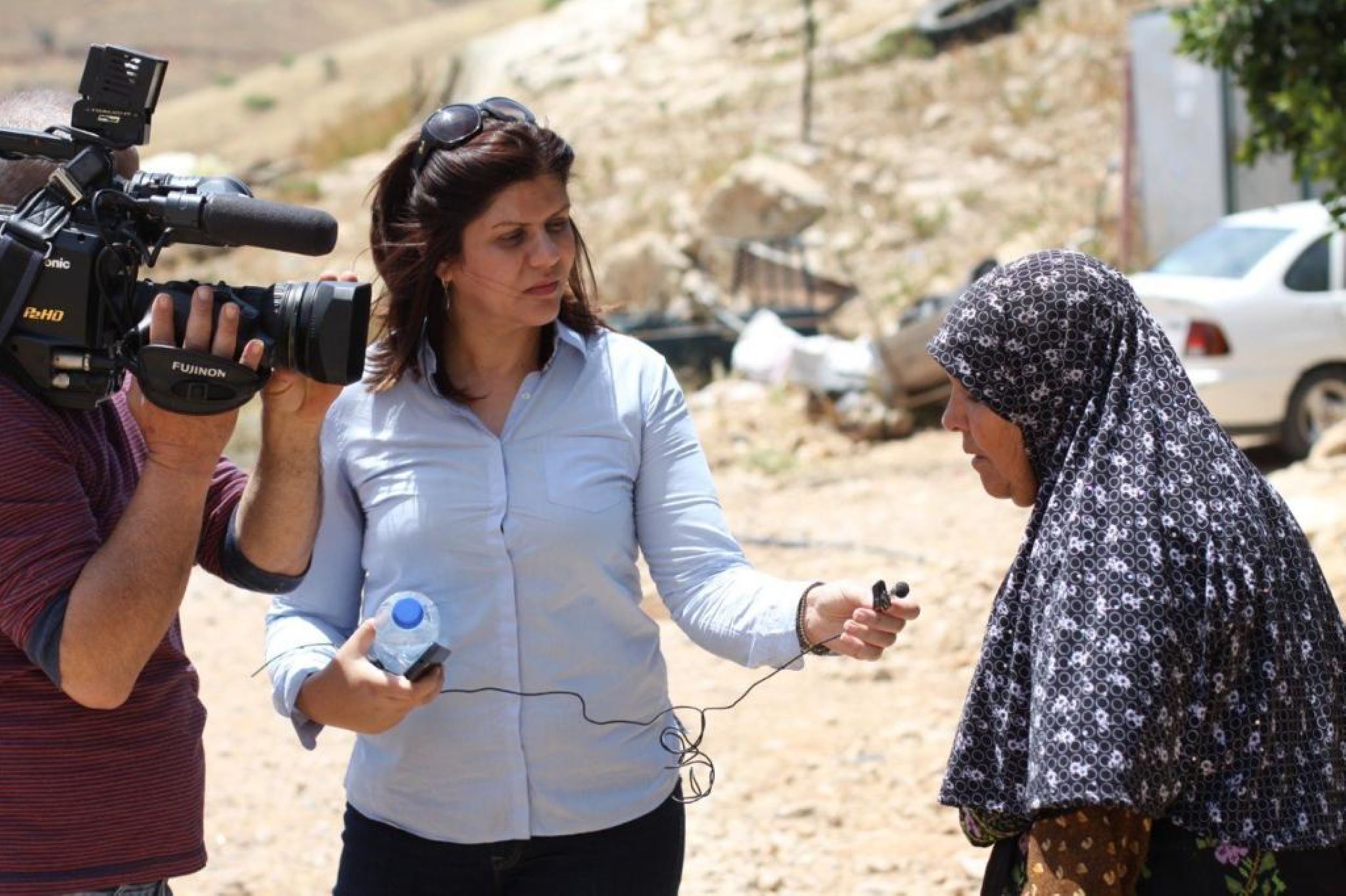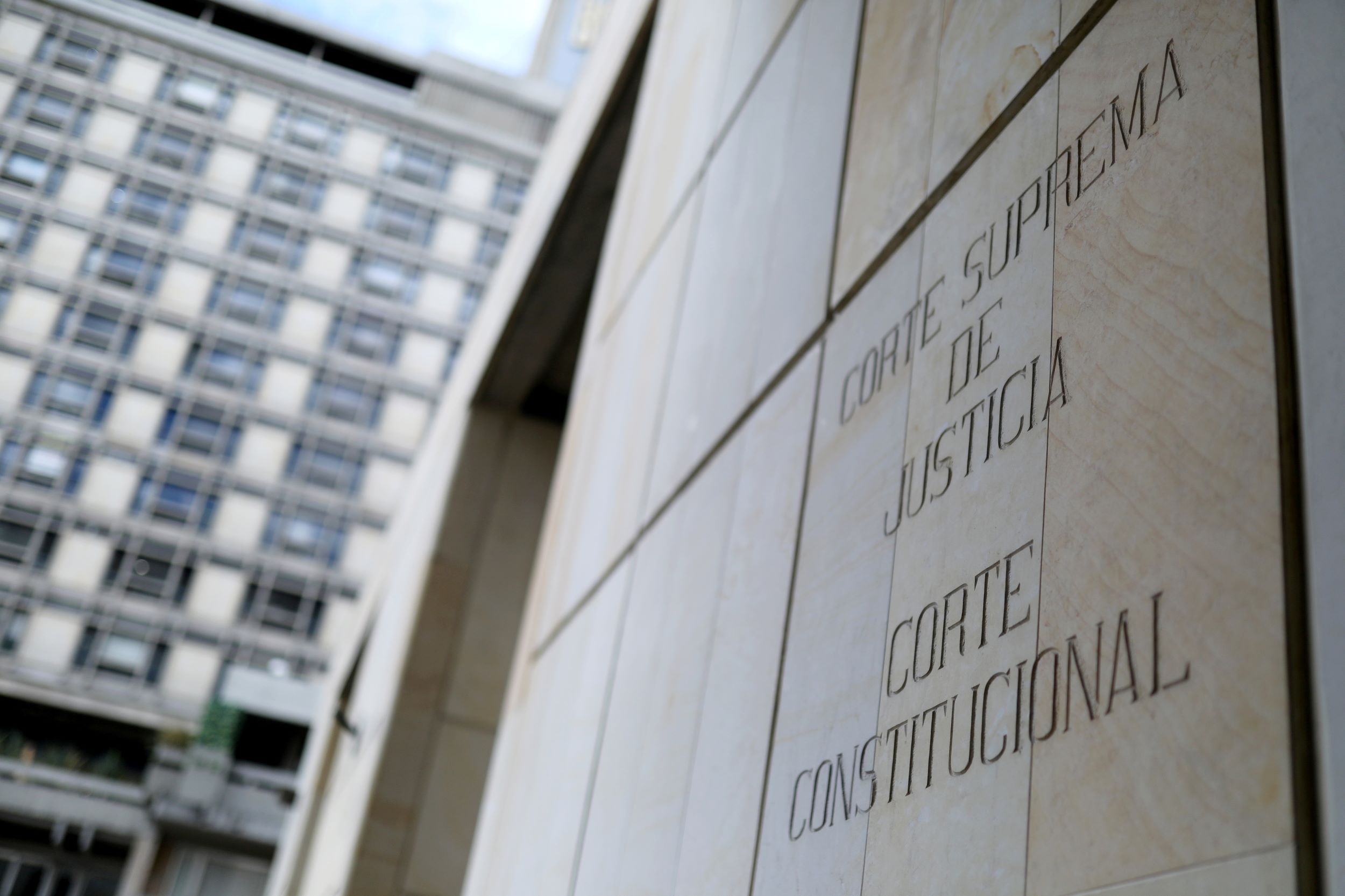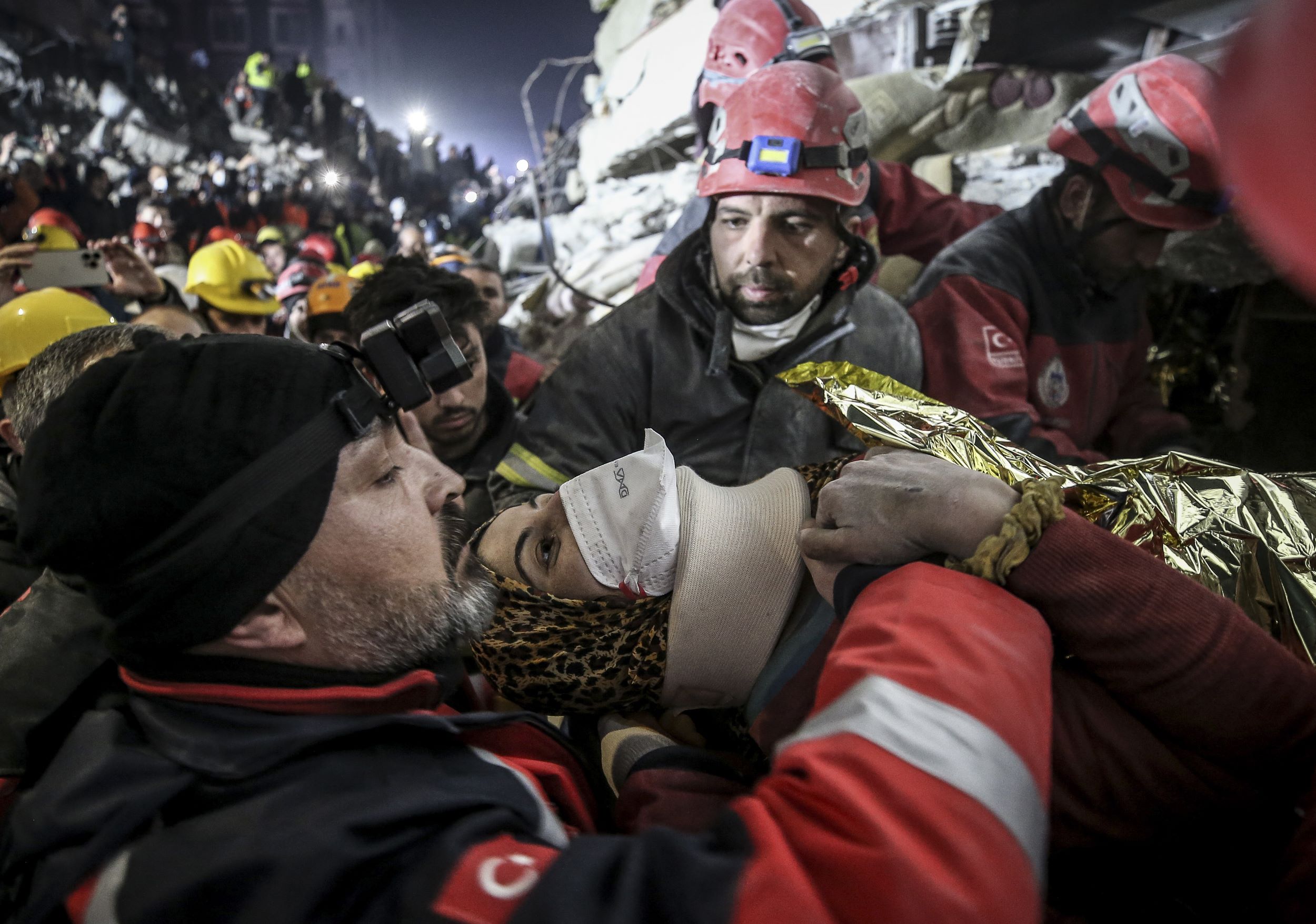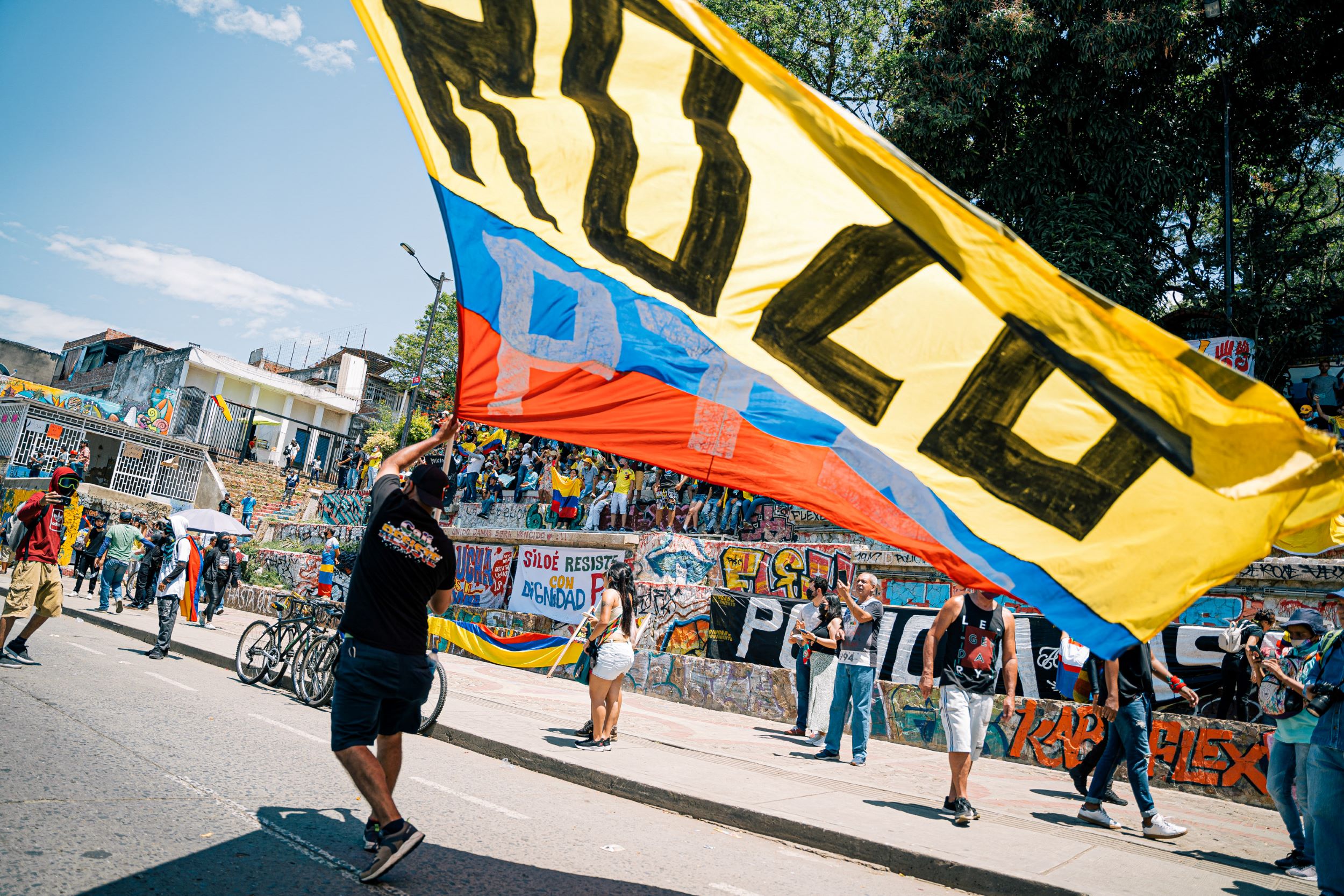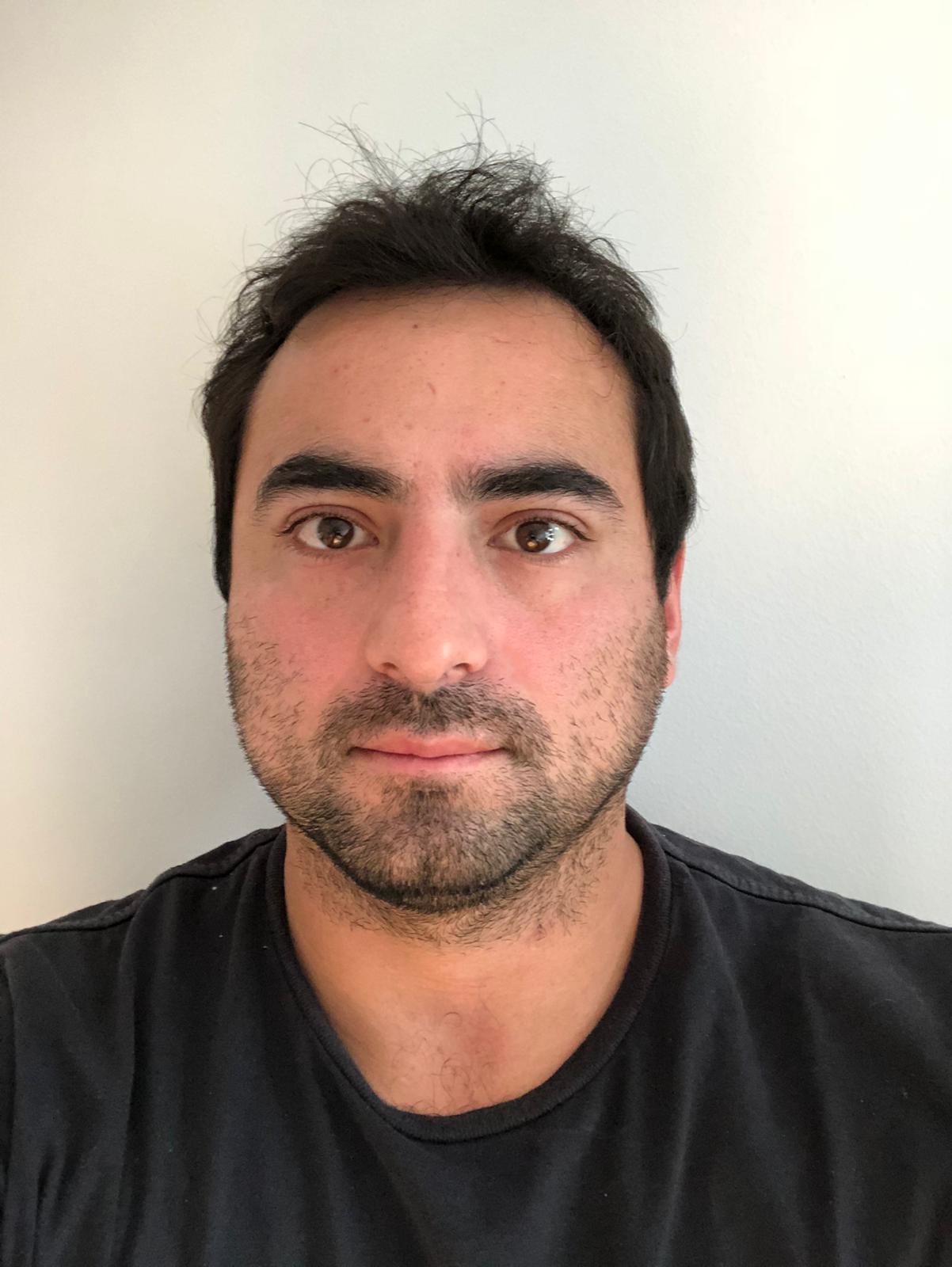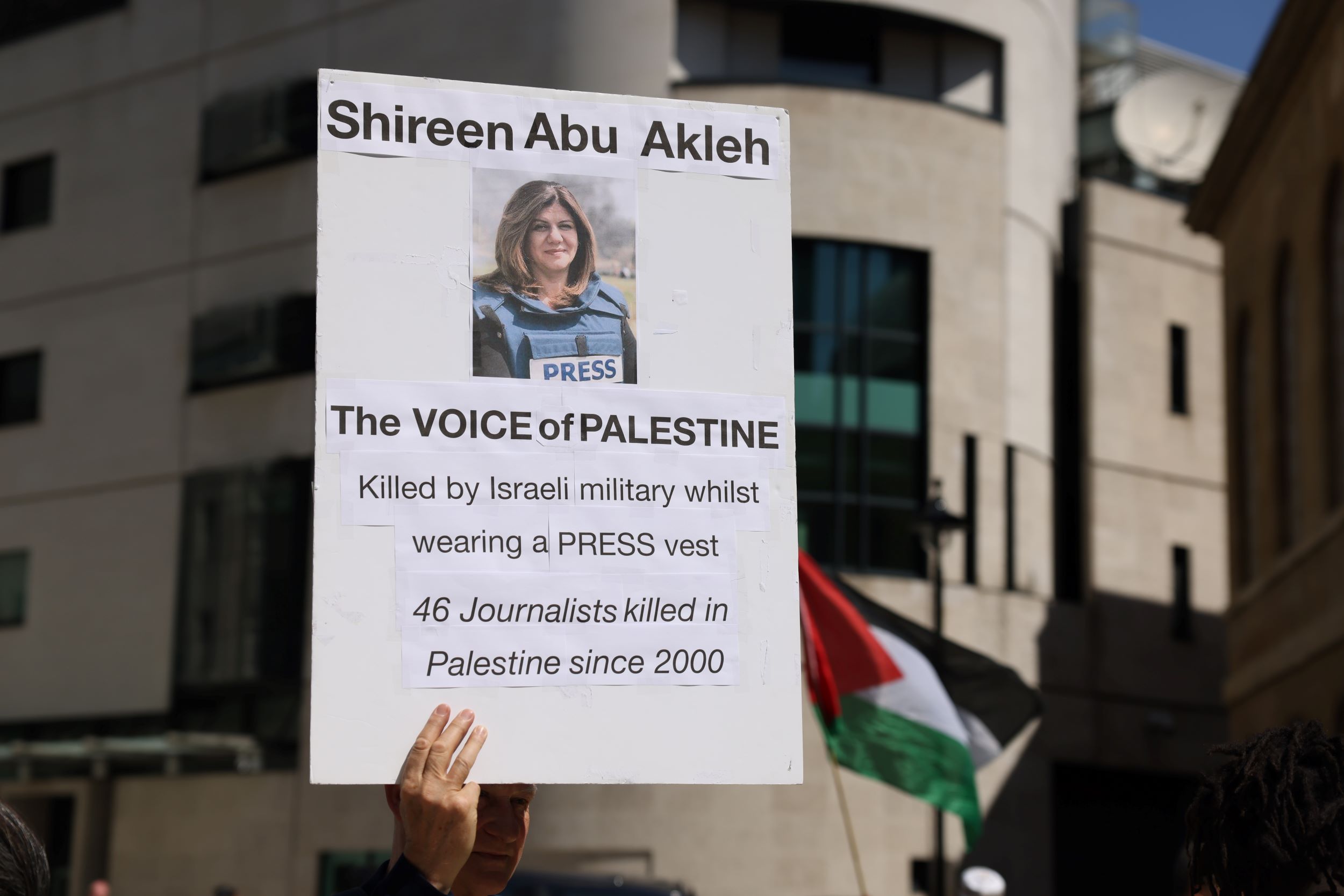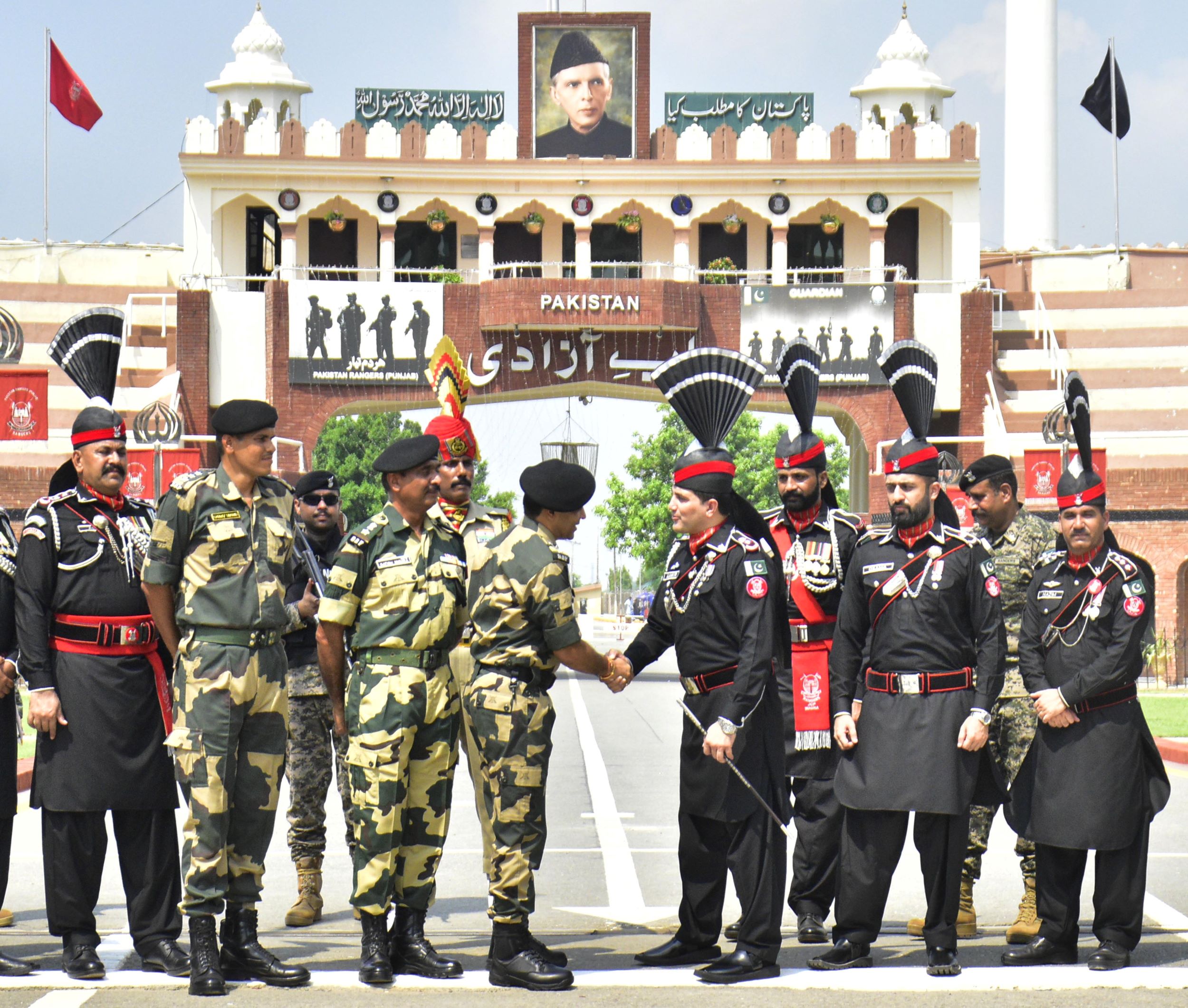في الساعة العاشرة مساء يوم العشرين من شهر فبراير/شباط 2022، وصلني اتصال من مديري المباشر في الجزيرة يطلب مني أن أتجهز للسفر صباح اليوم التالي على أول طائرة باتجاه أوكرانيا لتغطية ما كان يعرف حينها بالتوتر بين أوكرانيا وروسيا. كنت مثل الكثيرين لا يستقر لي رأي حول ما إذا كانت هذه الأزمة ستمر دون توتر كما حدث العام المنصرم، إذ قيل إن فتيل الأزمة حينها نزعته وساطة تركيا بعد زيارة الرئيس الأوكراني ولقائه نظيره التركي في إسطنبول وتأكيده أن هذه الزيارة ليست لتشكيل جبهة ضد طرف ثالث (يعني روسيا) بل هي مبادرة لتخفيف التوتر بين روسيا وأوكرانيا وربما توطئة لحل شامل بين الدولتين. أتذكر ذلك لأنني غطيت الزيارة وكنت أضع نصب عيني ما جرى وما تلاها من أحداث أثناء استعدادي السريع لهذه المهمة.
خلال 11 سنة من عملي مع الجزيرة، وهي تعد قصيرة نسبيا، غطيت فيها عدداً لا بأس به من الحروب والنزاعات وفي مناطق تشهد توترات على رأسها الحرب في سوريا، والعمليات العسكرية التركية الثلاث التي شنت ضد تنظيم الدولة أو من تسميهم أنقرة أذرع حزب العمال الكردستاني في سوريا إضافة إلى حرب أذربيجان ضد أرمينيا.
من كل هذه التجارب، رسخت تغطية الحرب في سوريا في وجداني، بكل ثرائها، وما يشوبها من اللغط الكثير والحروب الإعلامية، بل وأحياناً استغفال الأطراف المتصارعة للصحفيين بعلمهم أو بدون علمهم لترويج رواية على حساب أخرى.
وأنا أتجه لتغطية الأزمة التي تحولت إلى حرب عمدت إلى البحث عن المصادر التي علي أن أستقي منها الخبر، فكان أن استقرت وجهتي في البداية على وكالة الأنباء الرسمية الأوكرانية ونظيرتها الروسية ثم حسابات المسؤولين الفاعلين في كلا الجانبين، ولم يكونوا بالضرورة الأعلى منصباً. ففي أوكرانيا مثلاً كانت حسابات بعض المسؤولين الذين لا يتعدى وصفهم سوى مستشار في مكتب الرئاسة أنشط بل وأنفع من حساب رئيس الوزراء نفسه وأحياناً من وزارة الدفاع والخارجية بينما كان الأمر صارماً في وكالة الأنباء الروسية.
ساعدتني تغطيتي للحرب في سوريا على توقع بعض المسارات وماهية ما سيحدث وخاصة عمليات الحصار لبعض المناطق والاستخدام المفرط للقوة حتى ضد المدنيين.
بيد أن ذلك لم يسعفني على الأقل في الجانب الأوكراني، فحساب وصفحة وكالة الأنباء الأوكرانية الرسمية "يوكراين فورم" أو الوكالة الرسمية الأخرى "يونان"؛ كانت غاية في البطء فيما يخص الخدمة باللغة الإنكليزية وأسرع بدرجة منها باللغات الأوكرانية والروسية، وما كنت في بداية الأمر أحبذ استخدام مترجم غوغل لكنه حقاً أثبت جدارة ونفعاً خاصة أن الأيام بينت دقة الترجمة فعلياً وكانت مشكلته تقتصر على الصياغة غير المرتبة.
ولأنني لم أجد ضالتي في المصادر الرسمية، عمدت للبحث عن مصادر أخرى، ومما اكتشفته في أذربيجان أن هذا الجزء من العالم يعتمد كليا في التواصل وتناقل الأخبار على تطبيقي "التليغرام" و"الفايبر" حتى إنك لا تسمع ذكراً للـ"واتساب" ومجموعاته أو حتى "تويتر". وكنا في كثير من الأحيان ننقل ما تبثه كبرى هذه المجموعات من أخبار وفيديوهات بعد التثبت منها إلى درجة أنها أصبحت مصدراً يمكن الاعتماد عليه يسبق في كثير من الأحيان المصادر الرسمية. وهنا، أتذكر أن إحدى المجموعات، حين وصلت البلاد كان عدد مشتركيها لا يتجاوز سبعين ألف، أما الآن فقد صار مليونا و300 ألف، أي أكبر من مشتركي قناة الجزيرة على "التليغرام".
ساعدتني تغطيتي للحرب في سوريا على توقع بعض المسارات وماهية ما سيحدث وخاصة عمليات الحصار لبعض المناطق والاستخدام المفرط للقوة حتى ضد المدنيين. توقعت منذ البداية أننا سنكون أمام موجات نزوح كبرى خاصة مع بدء الهجوم فجر الرابع والعشرين من فبراير/شباط، وإن كان الهجوم قد باغتني شخصياً، إذ كنت في القطار حينها متوجها من كييف إلى ماريبول لكن القطار توقف حينها ولم يكمل مسيره إلى هناك.
لم يحدث استخدام مفرط للقوة على الأقل كما كان الحال في سوريا باستثناء ماريوبول التي وصلت منها المشاهد التي تعيد إلى الذاكرة ما حدث في حلب. كما أننا لم نشهد قتال شوارع في المدن الكبرى على نطاق واسع لكن كنا شهودا على موجات النزوح الكبرى، حيث وصل عدد النازحين واللاجئين الأوكرانيين حتى تاريخ كتابة هذه السطور إلى أكثر من عشرة ملايين شخص.
الاعتماد في مثل هذه الحالات كان على الحواس؛ إما ما تراه العين أو ما نسمعه من انفجارات لم تكد تنتهي خاصة بعد انتقالي من حدود ماريبول إلى زابورجيا ثم إلى دينيبرو ومنها إلى العاصمة التي كان دوي الانفجارات فيها يسمع بوضوح وبالإمكان تحديد جهته بسهولة مع اقتراب المعارك إلى مناطق لم تكن تبعد عن مركز العاصمة في بعض الأحيان إلا 17 كيلومترا.
رسخت تغطية الحرب في سوريا في وجداني، وما يشوبها من اللغط والحروب الإعلامية، بل وأحياناً استغفال الأطراف المتصارعة للصحفيين بعلمهم أو بدون علمهم لترويج رواية على حساب أخرى.
بعد اليوم السابع من الحرب تقريباً لا سيما بعد بيان لوزارة الدفاع الأوكرانية تحدثت فيه عن مقتل 5000 جندي روسي منذ بداية المعركة، أخذت عهداً على نفسي ألا أعتمد هذا النوع من المعلومات حتى وإن كان من الجهات الرسمية وهو ما ينسحب أيضا على الجانب الروسي الذي قال إنه دمر 289 منشأة عسكرية خلال الـ 24 ساعة الأولى من الحرب! حينها كان واضحاً بالنسبة لي على الأقل أن الأمر سيستمر على هذا المنوال وستطرح أرقام لا يستطيع أي صحفي محايد التثبت من صحتها. لذلك، تجنبتها إلى أقصى حد إلا ما تعلق بالخسائر في المدرعات التي تنشرها الأطراف المتصارعة بعد التحقق منها.
كنت مثل باقي الزملاء حريصاً على المبالغة في الحياد، إن جاز التعبير. وقد حرصت الجزيرة على وجود شبكة مراسلين في كلا الجانبين الروسي والأوكراني بينما غابت فرق المحطات الكبرى كالبي بي سي وسي أن أن وسكاي نيوز وغيرها عن الجانب الروسي بل وأغلقت مكاتبها في موسكو.
الإعلام الغربي كان واضحاً في انحيازه للجانب الأوكراني، وكان يروج دائماً لكل ما يصدر منه ويأخذه كما هو، بينما كنا في الجزيرة نحرص على إعطاء المساحة الوافية الكافية لرواية للطرفين. في كييف مثلا، كنا نورد اسم المكان الذي تعرض للقصف، وإن كان هناك ضحايا لا نسهب في وصفه إلا حين نتأكد من ذلك ونقف عليه بأنفسنا ونتجنب ذلك في أماكن أخرى حتى لو كانت مدرسة أو مرفقاً آخر لأن الجانب الروسي كان يبث ما يثبت عكس ذلك بالصور. ولعل مبنى مركز روليت للتسوق وسط العاصمة الذي سوي بالأرض خير مثال، إذ ليس الروس فقط من بثوا صوراً تظهر وجود آلات عسكرية فيه بل إن مدوناً أوكرانياً عبر التيك توك (ولا أدري إن قام بذلك متعمداً أم بهدف كسب الشهرة) صور بعض هذه الشاحنات العسكرية ونشرها على حسابه ليقصف بعدها المكان ويسوى بالأرض كما ذكرت، وها هو الآن يقضي حكما بالسجن لسبع سنوات.
حاولت الالتزام بالحياد ما أمكن عكس الكثير من المراسلين الذين راحوا على الهواء مباشرة يشرحون للأوكرانيين ما هي نقاط ضعف الدبابات الروسية ومن أين يمكن تحقيق أكبر قد من الضرر فيها، وكنت أتساءل لو أقدم صحفي عربي على فعل ذلك أيام الحرب في سوريا أو العراق، كيف سيكون مصيره؟
كمراسل غطى الحرب في سوريا كنت أستطيع القول بوضوح مرة أخرى إن المقاربة الروسية في استخدام القوة المفرطة كما شهدتها بأم عيني في عموم سوريا أو ما شهده العالم في الشيشان في أواخر التسعينيات ليست هي ذاتها المستخدمة في أوكرانيا، وقد تكون ماريوبول عاشت جزءا من ذلك، لكنها لم تجرب - على الأقل من وجهة نظري - "طعم" الصواريخ الفراغية التي كانت تدك أعتى الأبنية فتجعلها أثراً بعد عين. وحتى الغرب بشقيه العسكري والإعلامي أشار مرة واحدة فقط إلى استخدام مثل هذه الصواريخ في أوكرانيا، وربما شجعني أكثر للاقتراب من مناطق القصف والجبهات بقدر ما كانت تسمح لنا السلطات.
بعد فترة أصاب الحراك العسكري تحديداً في كييف ومحيطها نوع من الرتابة وأصبحت القوات الروسية خاصة بعد 21 مارس/آذار محَاصرَةً لا مُحاصرة، وبدأت كييف وضواحيها بتنفس الصعداء، ولم تمض أيام حتى أعلنت القوات الروسية انسحابها من العاصمة ثم تشرنيهف وأخيراً من سومي.
الإعلام الغربي كان واضحاً في انحيازه للجانب الأوكراني، وكان يروج دائماً لكل ما يصدر منه ويأخذه كما هو، بينما كنا في الجزيرة نحرص على إعطاء المساحة الكافية لرواية للطرفين.
شكل الانسحاب فرحة غير مكتملة للأوكرانيين، فانسحاب القوات الروسية كشف عن جرائم بشعة. لم أكن أول الواصلين غير أني رأيت بأم عيني الجثث المتكدسة في بوتشا سواء في المقبرة المشهورة بجانب الكنيسة أو التي كانت في قبو للتحقيق أعده الروس في مكان قريب حيث كبلت الأيدي للخلف وربما قضى بعض هؤلاء أثناء التعذيب.
لا يمكنك كإنسان أو كصحفي إلا أن تصف هذه المشاهد بالجريمة وما يجري من تحقيقات الآن وسط إنكار الجانب الروسي لن يغير من وصفها في شيء.
أنا الآن في كراماتورسك حيث يعتقد أنها وفقا لكل مراقبي الحرب ستكون ماريوبول جديدة إذا تمسك الأوكران بالدفاع عنها. لم أبتعد عن التغطية الميدانية ولكني أريد أن أتحدث في تغطيتي عن الجانب الإنساني أكثر، عن كبار السكن الذين لا يريدون الخروج من المدينة التي قتل فيها قبل أيام 57 مدنيا في قصف استهدف محطة القطار التي كانت تعج بالسكان. منهم من لا يريد الخروج لأنه مقتنع أن أحداً لن يلتفت لحاله في مهجره، ومنهم من يميل إلى الجانب الروسي مشيراً إلى ذلك تلميحاً لا تصريحاً، ومنهم من لا يملك حقاً تكلفة الرحيل.
تحدثت عن هؤلاء وعن عائلات المصابين بالأمراض العقلية الذين أرسلتهم المستشفيات مرة أخرى إلى أهاليهم بعد أن أغلقت أبوابها، ومنهم من كان يتعالج لمدة ثمانية عشر عاماً، ولك أن تتخيل حالة أهله.
بعض مراسلي القنوات العالمية كانوا يشرحون على الهواء نقاط ضعف الدبابات الروسية وكيف يمكن استهدافها، وكنت أتساءل لو أقدم صحفي عربي على فعل ذلك أيام الحرب في سوريا أو العراق، كيف سيكون مصيره؟
لم تنته الحرب بعد ويبدو أنها مستمرة. لم يحقق الروس مبتغاهم وهم عازمون على رد الصاع لما حدث في الشمال، أنا كصحفي وإنسان سأبقى ملتزماً بنقل الحقيقة رغم ما تنطوي عليه من مرارة وبرود في بعض الأحيان أعتقد أني بت معتادا على ذلك.







